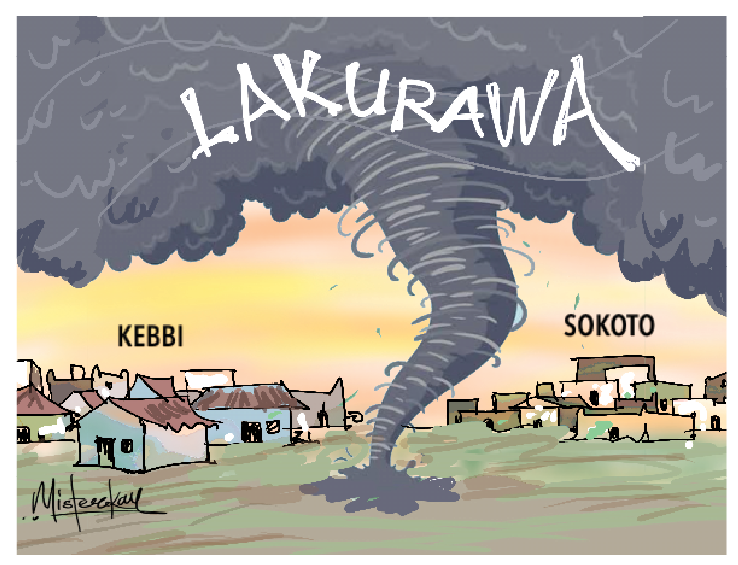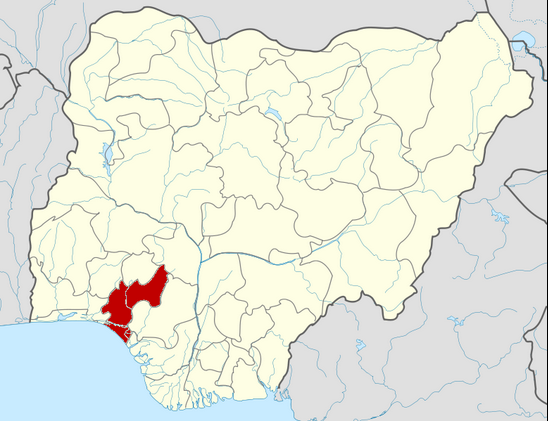The Nigerian government says it plans to revive the textile industry to boost job creation in the country.
Vice-President Kashim Shettima disclosed this on Tuesday at a meeting with a delegation from the International Cotton Advisory Committee (ICAC).
The ICAC delegation was led by its Executive Director, Eric Trachtenberg.
Several industry players and other participants, including some state governors, attended the meeting which was held at the Presidential Villa, Abuja.
The meeting was organised to discuss ideas for reviving the cotton and textile industry in Nigeria.
Shettima speaks
In his opening speech, Mr Shettima challenged the participants to develop a roadmap for reviving the cotton and textile sector in Nigeria.
The vice-president assured that President Bola Tinubu’s administration will make conscious efforts to ensure Nigeria harnesses opportunities in the cotton value chain, including ensuring that the country regains its ICAC membership.
Nigerians need credible journalism. Help us report it.
PREMIUM TIMES delivers fact-based journalism for Nigerians, by Nigerians — and our community of supporters, the readers who donate, make our work possible. Help us bring you and millions of others in-depth, meticulously researched news and information.
It’s essential to acknowledge that news production incurs expenses, and we take pride in never placing our stories behind a prohibitive paywall.
Will you support our newsroom with a modest donation to help maintain our commitment to free, accessible news?
‘It will revamp the economy’
Speaking to reporters after the meeting, Governor Hope Uzodinma of Imo State said the meeting afforded Nigeria the opportunity to revamp the moribund textile industry in the country for job creation.
“So, for me, I’m very excited to be part of this conversation that will now revamp the economy of the country.
“We need to engage our young men and women and then align properly with the new digital age for production and economic stimulation,” he said.
‘We need to patronise local cotton’
On his part, Governor Babajide Sanwo-Olu of Lagos State said there was a need for Nigerians to patronise locally-made cotton rather than foreign cotton.
![@officialSKSM]](https://i0.wp.com/media.premiumtimesng.com/wp-content/files/2024/08/GUUUuJRXkAAhdRy.jpeg?resize=2048%2C1384&ssl=1) Vice-President Kashim Shettima with Governor Babajide Sanwo-Olu of Lagos State and Governor Hope Uzodinma of Imo State at the meeting [PHOTO CREDIT: @officialSKSM]
Vice-President Kashim Shettima with Governor Babajide Sanwo-Olu of Lagos State and Governor Hope Uzodinma of Imo State at the meeting [PHOTO CREDIT: @officialSKSM]
‘We’re excited’
Executive Director of ICAC, Mr Trachtenberg, said they were excited to come back to Nigeria, stressing that they would tap into the potential of Nigerians.
“You (Nigeria) have low-cost labour, you have market access to AGOA, and to the economic partnership agreements with the European Union, you have a lot of really talented people and very forward-leaning government officials,” he said.
“So I think now is the time, and ICAC is ready to help Nigeria, to help you achieve your goals as a country, to help create quality jobs, to help generate foreign exchange and reimagine the global cotton economy and the Nigeria cotton and textiles economy.”
Smuggling as obstacle
Also speaking, the Comptroller-General of the Nigerian Customs Service, Adewale Adeniyi, promised to tackle smuggling and support the revival of the textile industry in Nigeria.
Mr Adeniyi admitted that smuggling has hindered the industry’s growth in Nigeria.
ALSO READ: How nanotechnology can revive Nigeria’s textile industry
“As for us in the customs, we are affirming, and we are committing ourselves to do all we can to make sure that we protect the industry,” he assured.
‘There’ll be no more protests’
The Director-General of the Nigerian textile Manufacturers Association, Hamma Kwajaffa, described cotton as an “international crop.”
Mr Kwajaffa expressed happiness that the revival of textile has begun and that cotton textile garments will soon be available.
“So we’ll have big employment for our children. There’ll be no more protests, people will be employed, and it will reduce the security problem in Nigeria. So we have spoken today, and by the grace of God, we’re going to win,” he said.
Textile industry in Nigeria
Nigeria’s textile industry has continued to struggle for years despite the country’s huge market potential for cotton production.
In the 1970s and 1980s, Nigeria was an industrial hub for textile production, having about 180 textile mills with attendant job benefits for youths.
However, Nigeria’s textile industry suffered a decline in the 1990s after many companies exited the country due to impacts of smuggling, harsh economy and government policies, amongst others.
Support PREMIUM TIMES' journalism of integrity and credibility
At Premium Times, we firmly believe in the importance of high-quality journalism. Recognizing that not everyone can afford costly news subscriptions, we are dedicated to delivering meticulously researched, fact-checked news that remains freely accessible to all.
Whether you turn to Premium Times for daily updates, in-depth investigations into pressing national issues, or entertaining trending stories, we value your readership.
It’s essential to acknowledge that news production incurs expenses, and we take pride in never placing our stories behind a prohibitive paywall.
Would you consider supporting us with a modest contribution on a monthly basis to help maintain our commitment to free, accessible news?
TEXT AD: Call Willie - +2348098788999


















 English (US) ·
English (US) ·